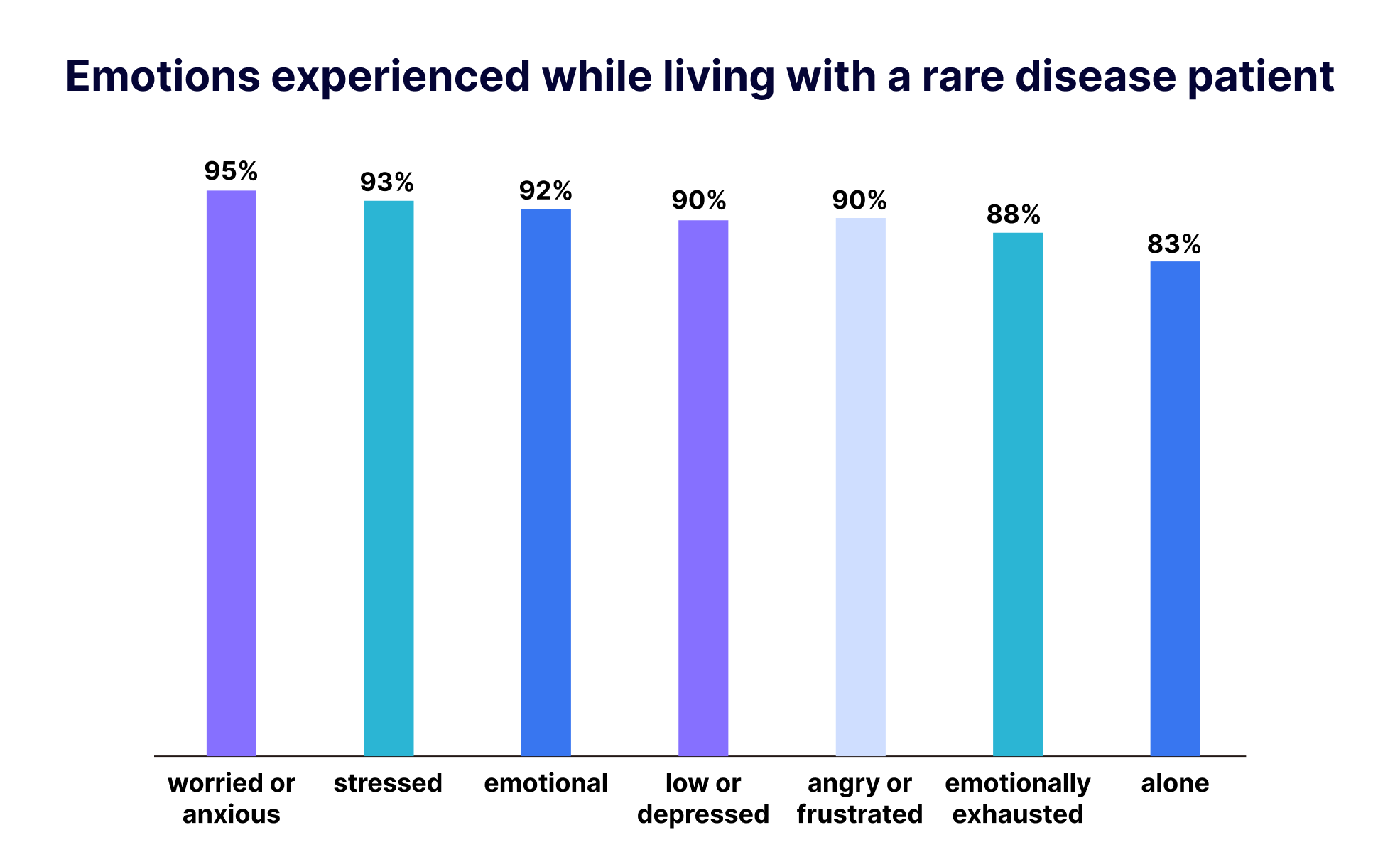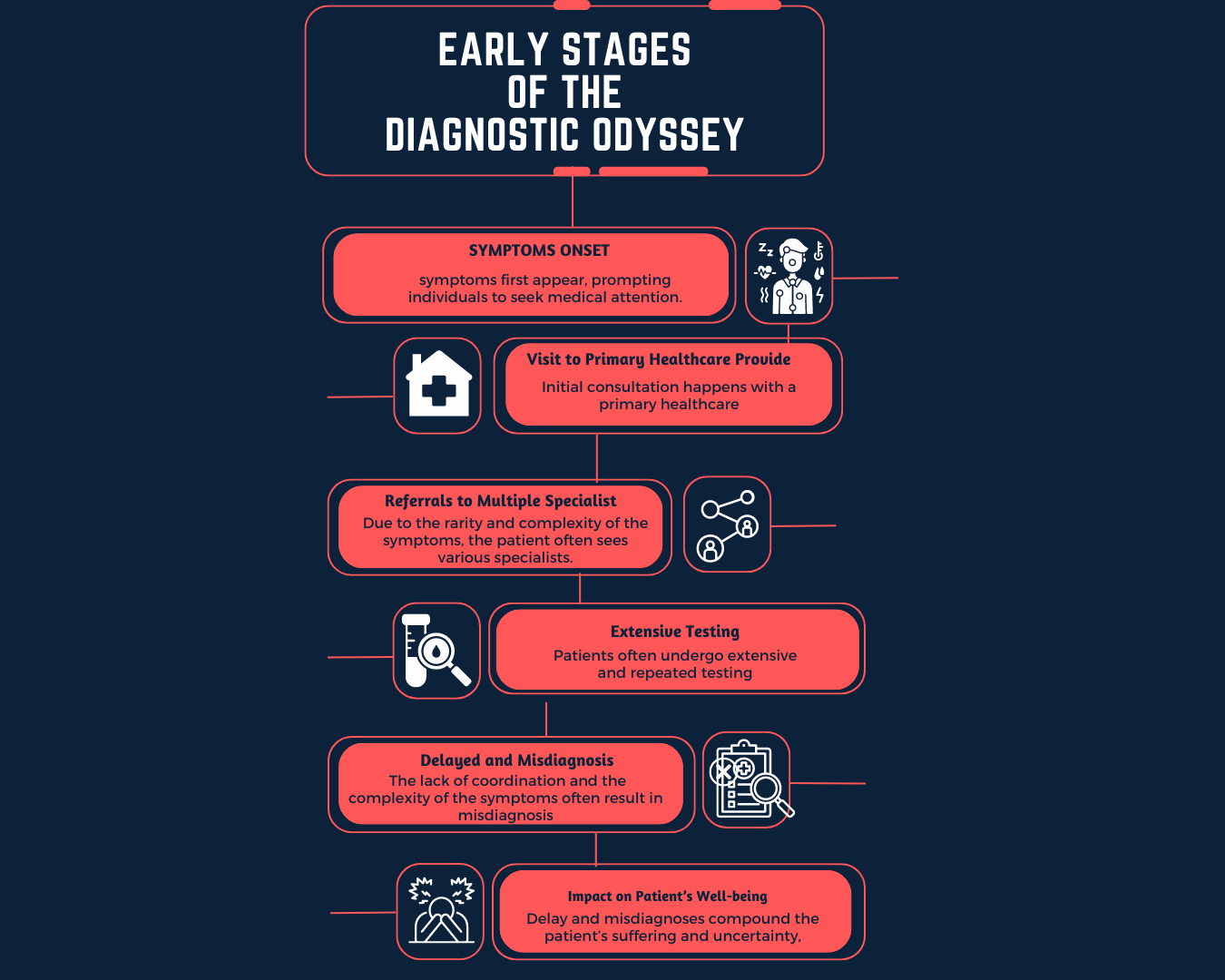According to the Korea Disease Control and Prevention Agency, 16.4% of rare disease patients visit four or more hospitals, and 6.1% of them struggle for approximately 10 to 16 years to receive a final diagnosis. Because of the rare incidences of these diseases and unidentified causes, patients with rare diseases and their caregivers face physical burdens and substantial financial, mental and domestic problems. How much understanding do we have about their sufferings?

According to the prior study results announced in UK Mental Health Awareness Week, it was reported that suffering from rare diseases could incredibly affect anxiety, stress, depressed mood, emotional exhaustion, and suicidal impulses in patients. However, such emotional pain of the patients and their caregivers is often not taken seriously enough, and sometimes when the patients wish to receive support for their physical states, they are misdiagnosed with mental disorders.
According to the survey conducted on 1,203 rare disease patients and their caregivers by the Rare Disease UK, the majority of the respondents answered that they did not receive enough psychological support. Similarly, a study conducted by Anderson et al. reported high levels of psychological stress among 30 Australian families living with rare disease patients, but the majority of these families did not receive psychological support.

Moreover, in a survey conducted by BMC Health Services Research, almost half of the participating patients (46%) and caregivers (48%) responded with “Strongly Disagree” to the question, “The medical professionals ask about my child’s mental and emotional states.” 57% of the caregivers answered that they had “Never” received a question from their child’s physicians regarding their mental health.
Simply understanding the invisible psychological symptoms of rare disease patients can be of great help in diagnosing them. During the webinar last July, Dr. Ryu Seung Woo from 3Billion’s clinical team said, “I essentially look into a person’s life history when I look at a patient’s sample.” In order to improve the quality of life in patients with rare diseases, we must not only focus on the diagnosis and treatments but also try to consider and improve their psychological states.
[References]
1. Mental health care for rare disease in the UK – recommendations from a quantitative survey and multi-stakeholder workshop
2. LIVING WITH A RARE CONDITION: THE EFFECT ON MENTAL HEALTH (2018)
3. The psychosocial impact of rare diseases among children and adolescents attending mainstream schools in Western Australia























